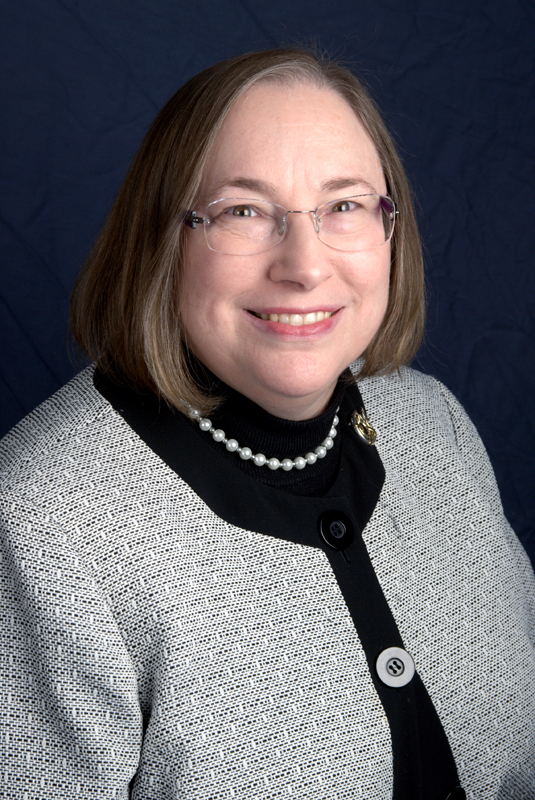Tears from a Jaded Activist
I confess to being a bit jaded after 30+ years as a public policy activist (40+ years if you want to count my high school and college activism during the early era of the fight for Soviet Jewry). Over the years I’ve come to learn that you ‘win some, lose some.’ When we win, victory can be fleeting and there will be others who will try to chip away at our success–think reproductive rights and health care reform. When we lose, there will always be future opportunities for progress and we need to take a long term approach–think about the ongoing fight against poverty and environmental standards; there have been many victories along the way and we are surely better off than in the past, even though there will always be more work to be done. But today, I simply cannot contain my emotion. The Supreme Court’s landmark ruling this morning confirming a constitutional right to same sex marriage is the latest and most significant expansion of civil rights that I have witnessed in my lifetime. I was a child when the civil rights and voting rights acts were passed and when Loving v. Virginia declared state bans on interracial marriage unconstitutional. So this ruling reflects my generation’s victory, and it is sweet indeed.


